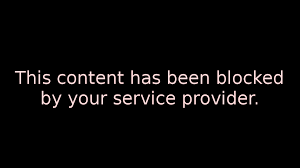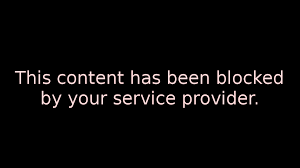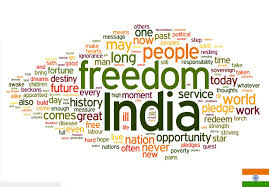Since the time social networking sites and Over The Top (OTT) services have become popular, it appears people are falling ill to ‘viral fever’ very often. Towards the end of March, Indians were celebrating the fact that the Supreme Court had declared Section 66A of Information Technology (IT) Act unconstitutional and struck it down from the Act. It reasoned that the Section was against the Fundamental Right of freedom of speech and expression. ‘Section 66A fever’ gripped the nation in a way that people went viral on the internet commenting , propagating and sharing the news on all available online forums. Since happiness comes in small packages, this popular piece of news was short lived. Another fever gripped them a few weeks later – Net Neutrality. It would be better if we term it as a threat for absence of net neutrality.
Like Section 66A, this topic too deals with our Fundamental Right of freedom of speech and expression. In our post-independent political history, whenever any event or decision has meddled with the Fundamental Rights, there has always been furore regarding it. I suspect this does not happen often nor the issue is magnified when the Fundamental Duties are concerned. That is a different story altogether. Let us focus on the current ‘viral fever’ which has gripped the nation.
Enough has been said on net neutrality in the last 10 days and lot of people have supported it. It would be disrespectful to the reader of this article if I continue to write and explain what has already been told and discussed. There should be some medicine to control and counter the ‘viral fever’. So now, lets talk about NET PARTIALITY.
India has remained net neutral and (I hope) it will continue to do so unless someone interferes with the following concept: Through Internet one can access all electronic hosted files from around the world which are spread in different countries while sitting at home through a computer. While accessing a webpage there is a certain delay in loading which is caused due to the distance between source and destination network. More the distance between the two, more will be the time delay in loading and vice-versa. A big revenue-earning company can host multiple servers around the world to reduce this distance and the eventual delay. This does not mean the company is violating net neutrality, rather helping us to access its services faster. Until anyone interferes with this proportionality between time delay and distance, net remains neutral.
If net neutrality was there from beginning and well accepted by people then what led to emergence of ideas on net partiality? It simply comes down to earning profits and acquiring economic power. With the advent of OTT services like Whatsapp, ChatOn, Viber, WeChat etc., the SMS and voice call services of telecom companies or telcoms started becoming old for consumers. after investing so much in broadband connections, fibre optic cables and buying 2G and 3G spectrum licences, telecoms could not afford losses in future because of competition from OTT services. In order to remain competitive and maximise profits, they started to either cut access of the free OTT services or enter into a deal with them to provide faster access to the users.
Net partiality is not right nor ethical. But it has few advantages while net neutrality has its own criticisms. Experts believe that net partiality will allow telecoms to invest in additional bandwidth, subsequently creating more money and greater capacity for further investment, which will not be possible if Neutrality exists. Also it create possibilities for telecoms to tie up with an educational institution and provide quality education to its mobile users. It will be similar to the marketing strategy of IIN by Idea. Moreover, some believe that keeping in mind the Indian society where majority people still cannot access internet on phones or computers (the Govt. is continuously working towards that issue) net partiality will allow greater internet access as far as telecom operator they are using provide majority of hosted files at free or subsidised rates.
Personally, after knowing both sides of the coin, I am in favour for net neutrality. If SC is sensible enough to strike of Section 66A of IT Act then Telecom Regulatory Authority of India (TRAI) should understand the what the people want. Moreover, on a lighter note, without net neutrality I would have had to pay for writing this article in this blog site!! This means net partiality hampers broadcast journalism.
“Whenever you find yourself on the side of majority, it is time to pause and reflect.”
– Mark Twain
Click here for government certification in Digital Media
Click here for government certification in Information Technology
Click here for government certification in Media
 Stay Ahead with the Power of Upskilling - Invest in Yourself!
Stay Ahead with the Power of Upskilling - Invest in Yourself! 





14 Comments. Leave new
Well written! 😀
Thanks Abhinav. Hope you liked it.
Good effort!
Thanks Chitranshi.
Well written!
Thanks Stephy.
Oh wow! Impressive..
Thanks Saumya
very informative one!
Soundly formed opinions. Well written 🙂
Thanks Chandni for appreciating my opinions.
An informative and well written article.
Informative as well as interesting 😀
Good work 😀
Good work!